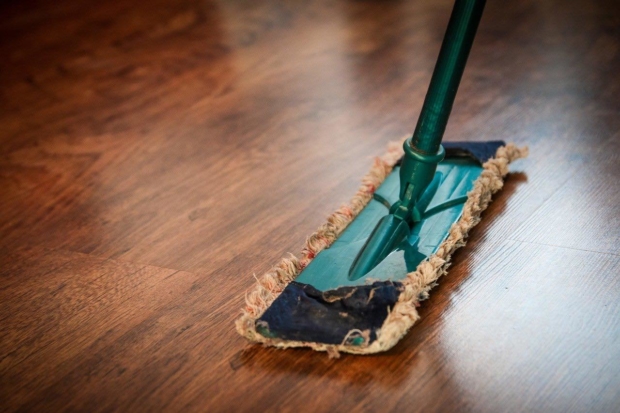Well-behaved dogs are great to have, but ill-behaved dogs can be hard to handle. If your dog’s behaviour is not the best, do not fear. Here are seven tips to help you to have a well-mannered four-legged family member.
1. Housebreaking
A very important part of a well-behaved dog is training it to go to the bathroom outside. While housebreaking is not accomplished quickly, with patience and diligence you can have your dog having very few accidents in the house. Take it outside often, especially when very young. Also, before letting it outside, have it on a leash, and ask it, “Do you need to go outside?” Then promptly pick it up, take it outside, and praise every time it goes potty.
2. Stealing
This is a behaviour most dogs will have for various reasons. To stop this, teach your dog a “leave it” command. This is when you say “leave it,” and the dog does not touch whatever you’ve told it to leave alone. You can also have your dog tethered to you in the house to help with this so it has limited access to everything as well as not being able to run away with something because of the tether to you.
3. Jumping up
This can certainly be a problem when guests come over because many people do not want a dog jumping up to them, or it can be a problem on a walk. You can begin this by having something with you your dog really likes for currency when your dog is behaving well. You can exercise your dog to drain away excess energy as well as teaching a “stay” command (when you say “stay” and your dog does not move). You can also try to turn away from your dog when it tries jumping and reward any time it does not jump.
4. Leash pulling
Pulling on leash can be quite a problem when on a walk, especially in a public location. This can take a long time to teach but is absolutely necessary for a dog to learn. When on a walk, reward it generously for not pulling. Look ahead for anything that might be a distraction and approach it slowly; if your dog is listening well, continue your approach slowly. If your dog begins to stop paying attention, move away and repeat. Over time, slow down the rate of reward. Along with food, you can also reward your dog by letting it sniff something acceptable.
5. Play Biting
While this might seem like an innocent behaviour at first, it could become something serious down the road, if not addressed, that could lead to injury or worse. You can begin to train your dog not to do this by having a toy or other item that is acceptable to bite to redirect its attention. You can also desensitize your dog to being touched anywhere on its body. Gently touch and pet various parts of its body while letting it chew on a toy or have a treat.
6. Chewing
Chewing can be quite an issue when a puppy is teething because this causes discomfort, and chewing brings relief from the discomfort. Have control by tethering your dog to you so it can’t sneak away to chew what it should not; teach “leave it” so you have a verbal cue for it to leave something alone. You also need various toys for your dog that are acceptable for chewing to give it as a reward for obedience and for relief while teething.
7. Barking
Dogs bark as a means of communication; however, excessive/unwanted barking can be an issue. One of the means of dealing with this is to give a dog the physical and mental exercise it needs. A well-exercised dog is less likely to seek undesired behaviour, like barking, to satisfy these needs. You can also knock on things when it’s not looking to simulate someone at your door, ask its attention, and reward every success. Also, you can give it a verbal cue like “quiet” when it barks and rewards silence.
For help with all of this, you can enrol your puppy in Kats4Dogs Puppy School.
About the Author:
Lisa Eclesworth is a notable and influential lifestyle writer. She is a mom of two and a successful homemaker. She loves to cook and create beautiful projects with her family. She writes informative and fun articles that her readers love and enjoy. You can directly connect with her on email – lisa@lisaeclesworth.com or visit her website www.lisaeclesworth.com








